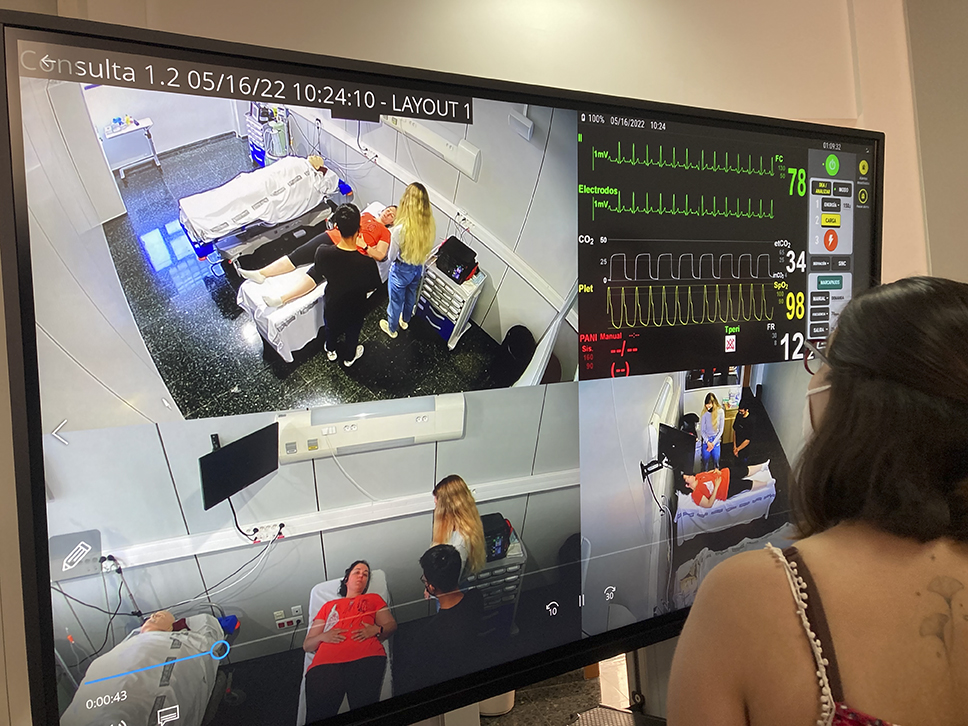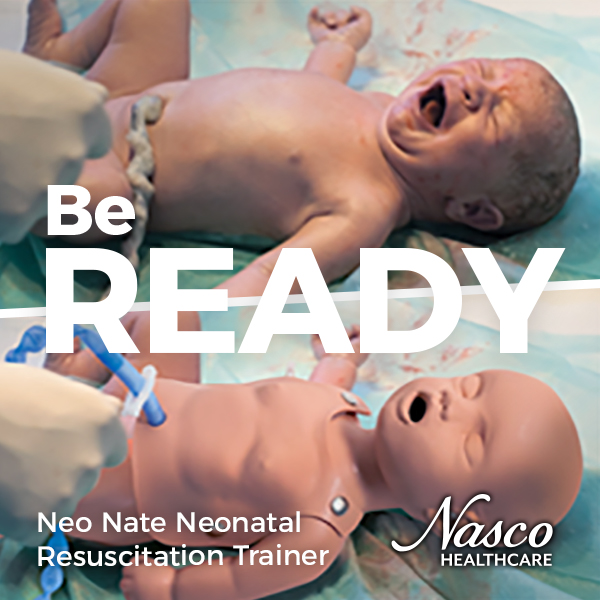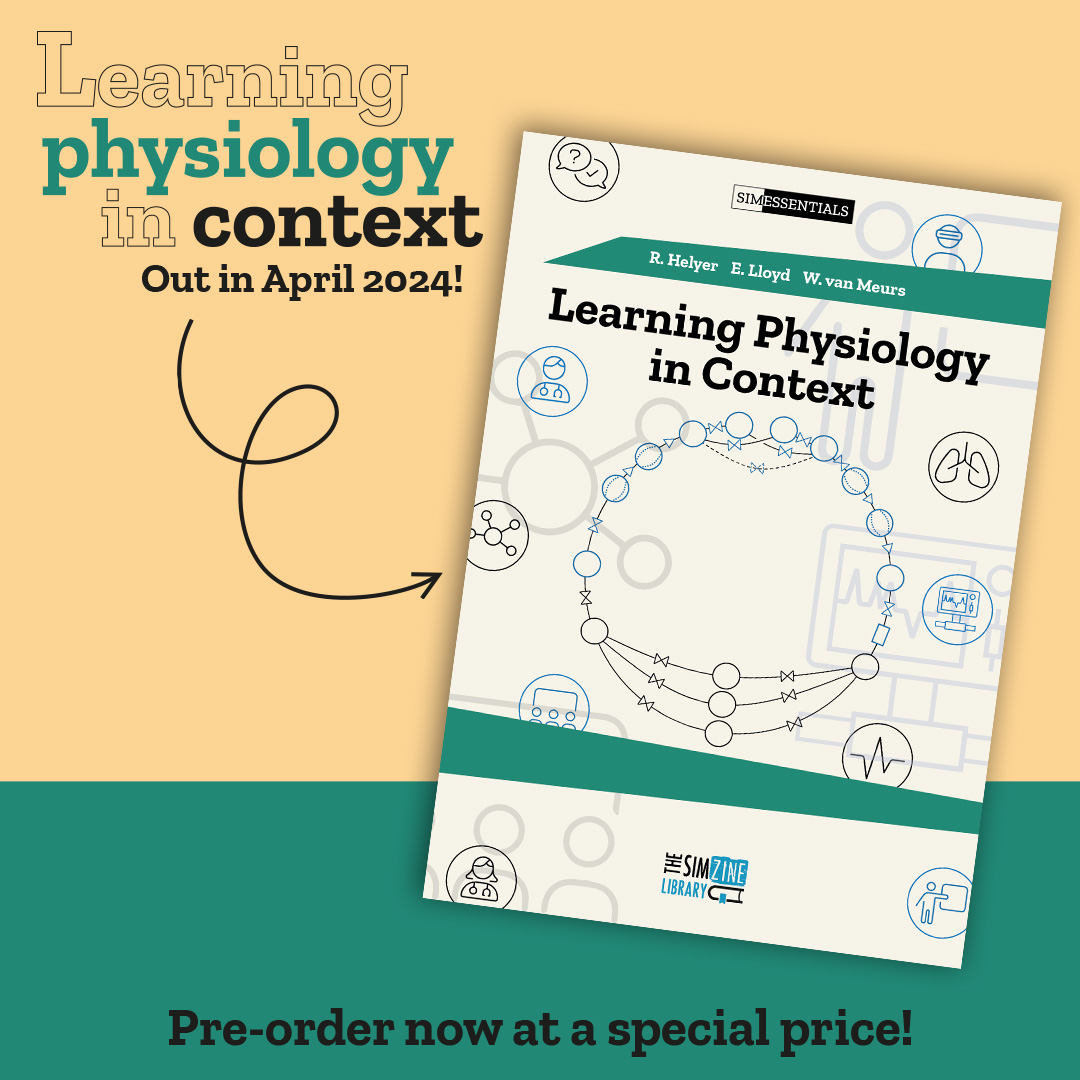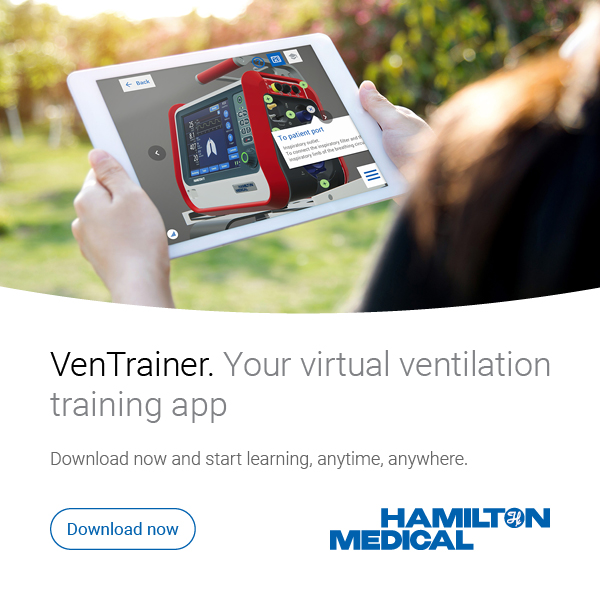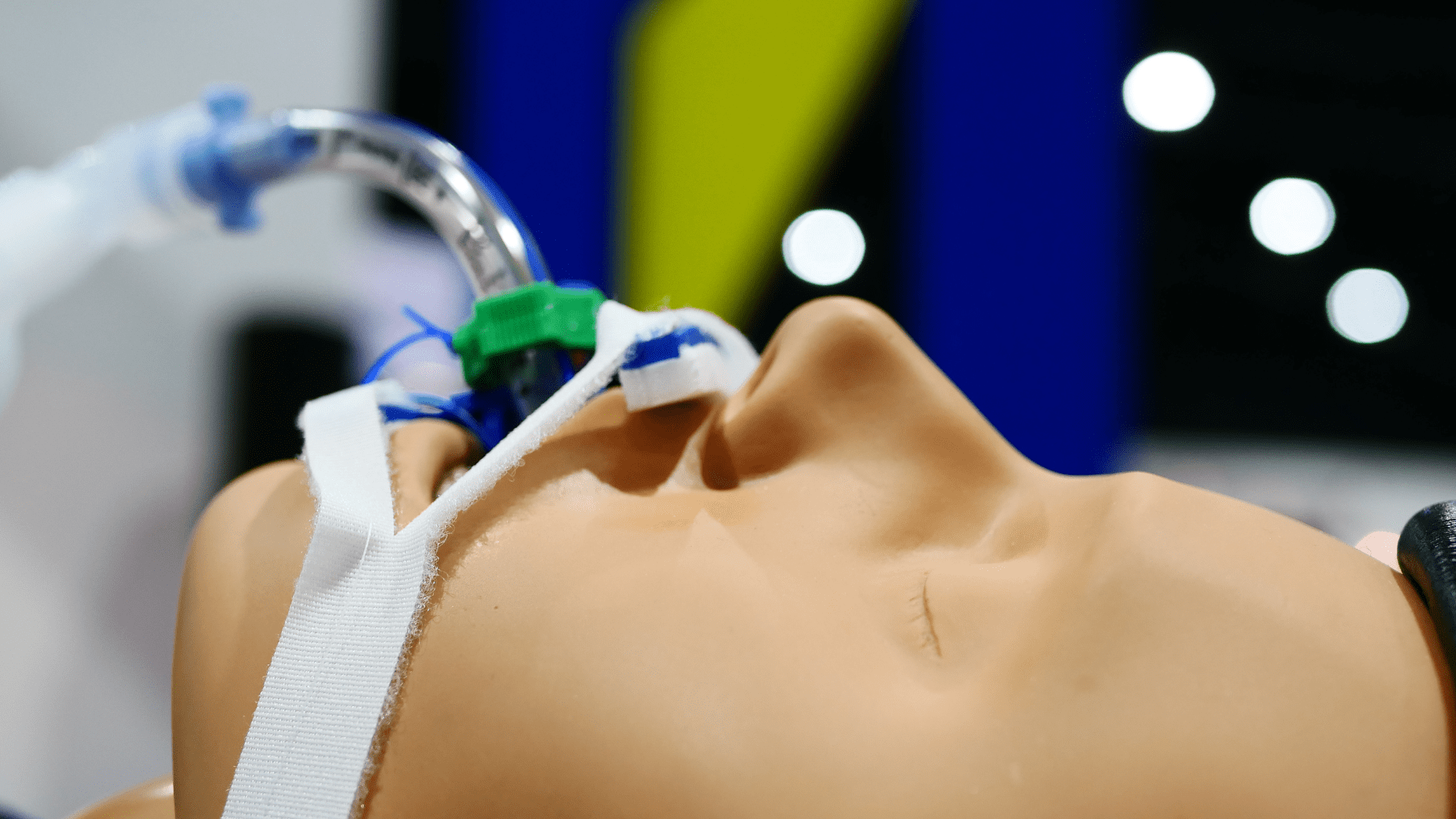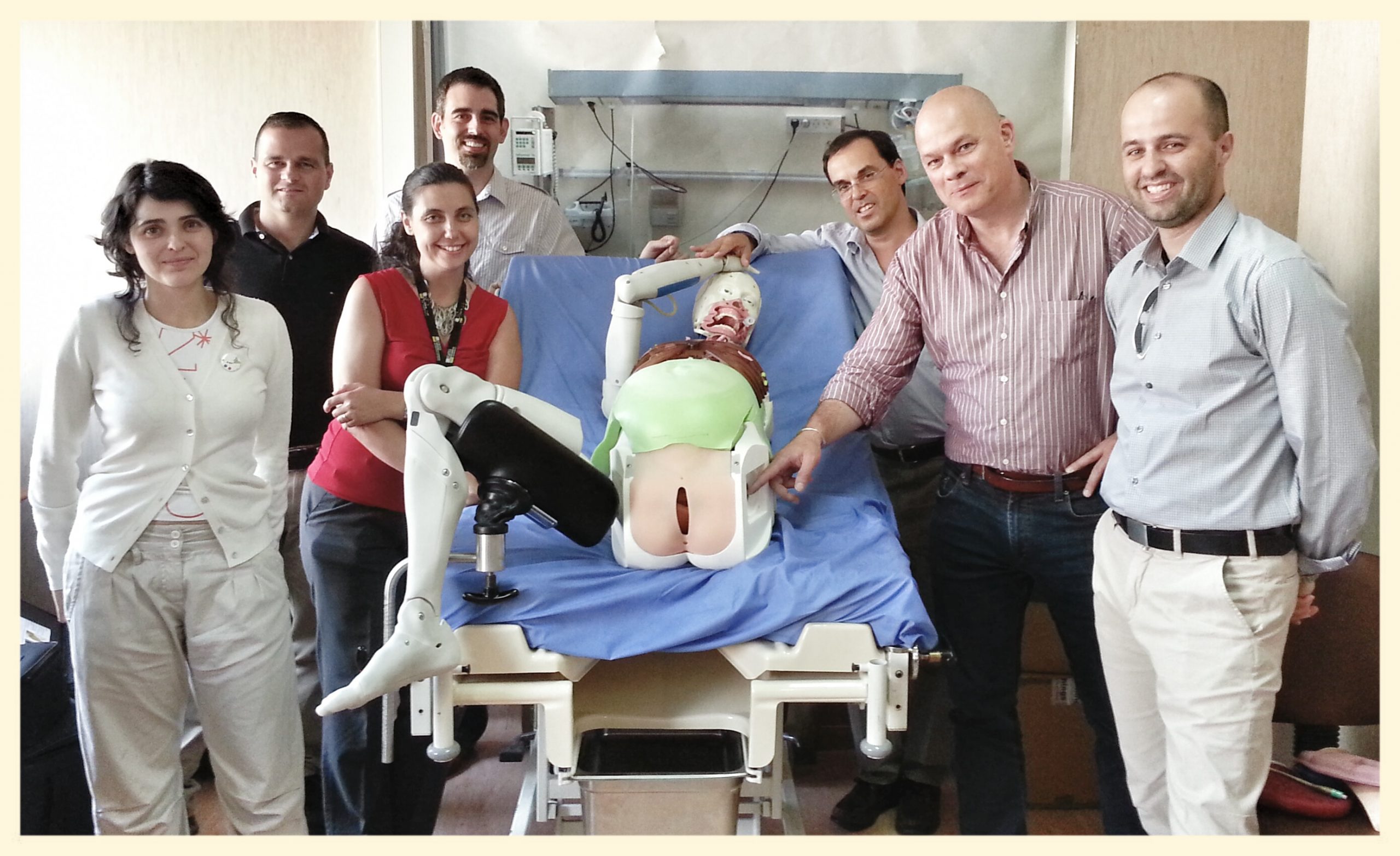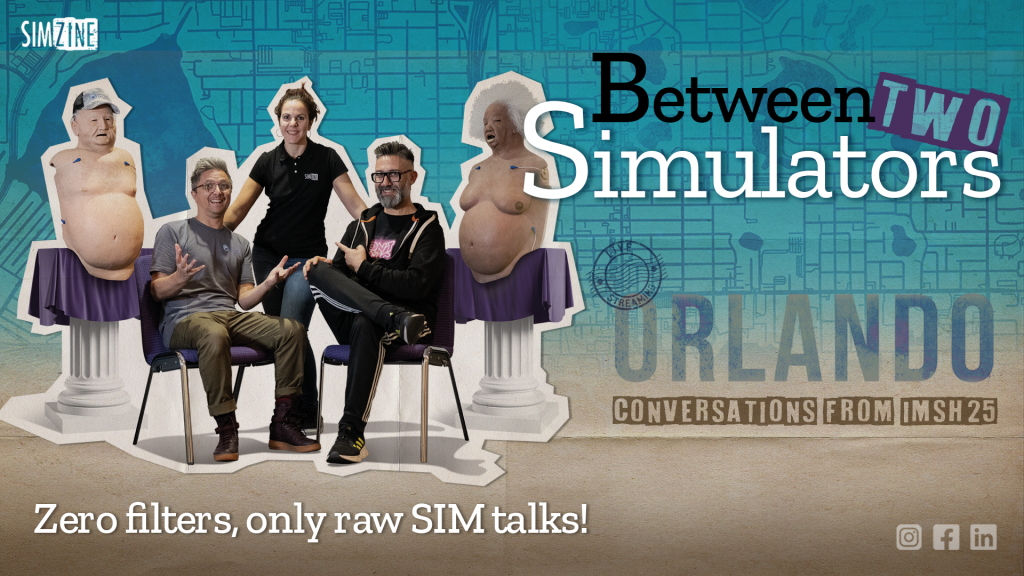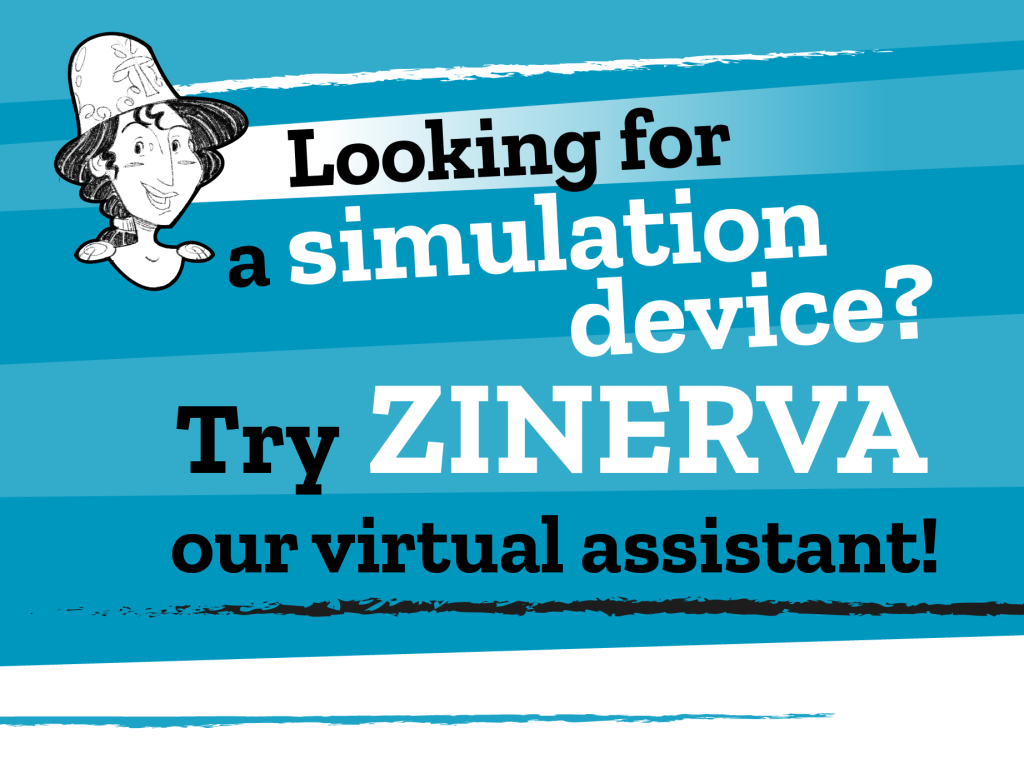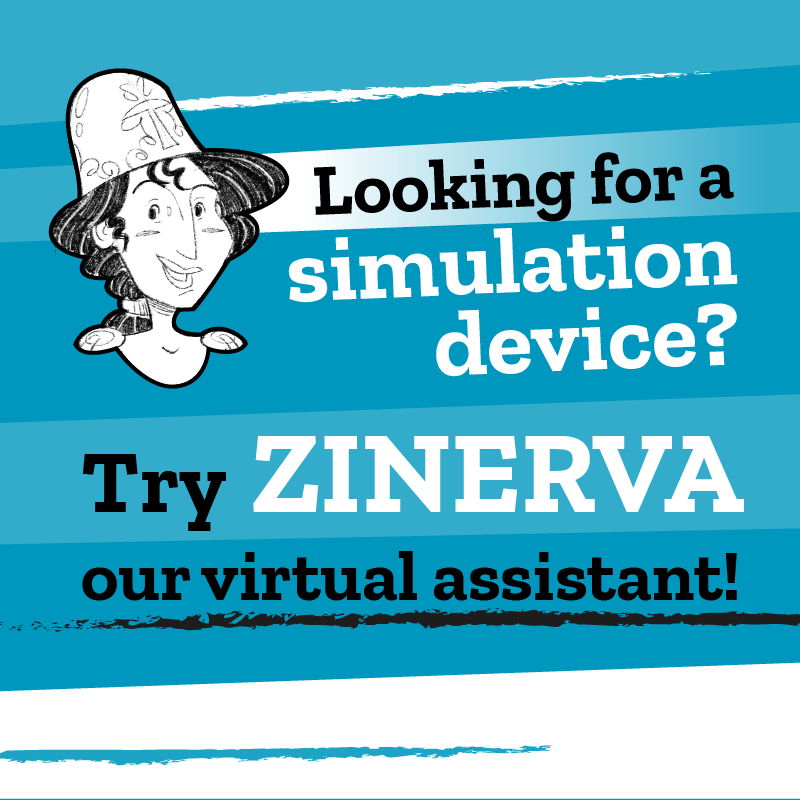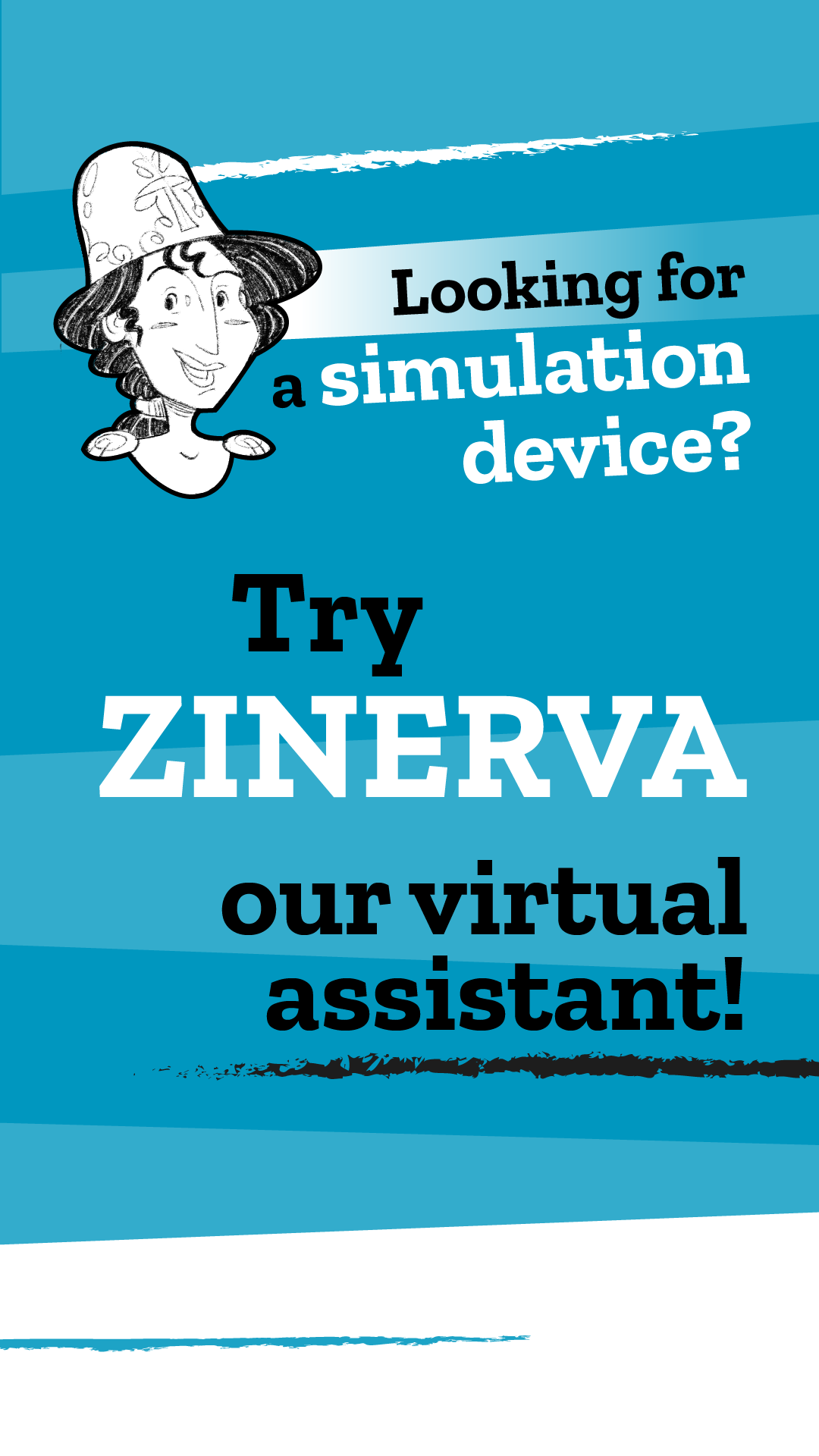Simulation can play an important role in psychology education, highlighting its essential role in the clinical training of future professionals. Today we explore how the University of Valencia, through CESIS-UV, implements advanced simulation techniques to teach practical and communicative skills in psychology and other health disciplines. Discover how this experiential learning methodology and clinical simulation can enhance professional development in psychology, preparing students to face real challenges in healthcare settings, significantly improving their preparedness and confidence.
Introduction to Simulation in Psychology
Simulation in psychology is a fundamental tool for students of this discipline. Imagine you are a psychology student. In your professional life, you will have to interview thousands of people in hospitals or consulting rooms. Practising soft skills through simulation with simulated patients, before interacting with real patients, is an essential part of the training.
CESIS-UV and Multidisciplinary Simulation
The University of Valencia, through its Clinical Simulation Centre for Health Sciences (CESIS-UV), offers an advanced platform for simulation in psychology. Here, students from various disciplines, including medicine, nursing, dentistry, nutrition, dietetics, physiotherapy and, of course, psychology, collaborate on simulated case studies. These simulations address complex problems in a hospital setting, ideal for multidisciplinary training.
The centre has the necessary resources to simulate basic and advanced life support training activities, specific-use simulators for the practice of specific procedural skills without risk and consultations for the training and evaluation of clinical and communicative skills: task simulators for learning diagnostic or therapeutic techniques, robotic patient simulators. Full body manikins with computer-controlled physiological characteristics (e.g. heart rate, blood pressure and others) allow for safe physical interventions (delivery of drugs, injectables, IVs), and simulation cases are also performed with patients simulated by actors or students.
Simulation in psychology is integrated into the curriculum of the Master’s Degree in General Health Psychology, focusing on developing the relational and communication skills that the general health psychologist must possess.
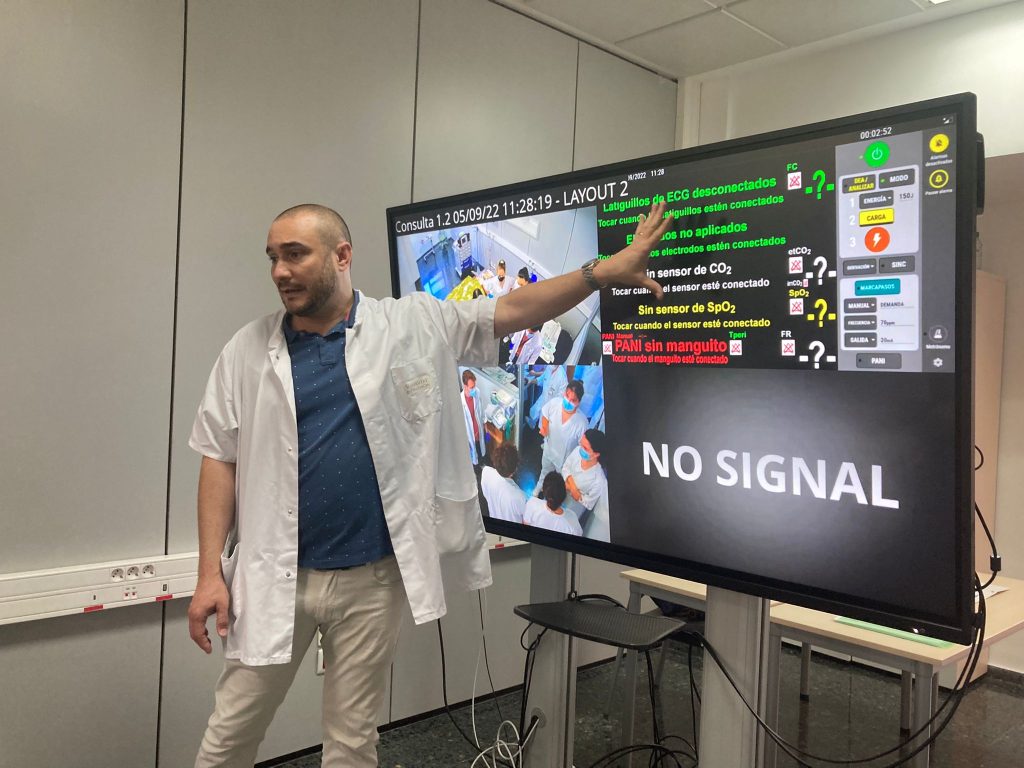
Importance and Methodology of Clinical Simulation in Healthcare Training
Simulation is necessary in healthcare training for several reasons.
- Clinical simulation methodology puts the student at the centre of the learning process. Simulation allows students to improve their skills, learn to observe and analyse, learn by doing and can reflect afterwards by watching the recordings and under the close and direct supervision and guidance of the teacher. The aim is to train safe professionals by creating alternative situations and environments similar to real ones, in which to learn skills and behaviours. Simulation aids mastery of clinical practice.
- Simulation enables practical activity in a group, in a safe context for people who do not yet have professional experience; it allows repeated practice to increase the likelihood that new skills can be generalised. In psychology simulation, students are treated as health professionals in an environment that simulates the work environment.
- Clinical simulation places great importance on the active role of the learner in learning because without that level of involvement, learning cannot take place. Many studies show the direct and positive relationship between clinical simulation activity and learning outcomes (development of technical skills such as passing tests and non-technical skills such as communication skills in the interview or teamwork). Content is acquired experientially rather than theoretically, increasing student motivation. Students learn better when they construct knowledge rather than receive it, and to this end, the aim is to work with tasks that allow them to practice what they have learnt in theoretical sessions and to have examples to help them.
- Simulation allows instant feedback to correct errors and to direct learning, optimises the use of clinical time, improves the transfer of theoretical knowledge to the clinical context and ensures that students are competent before exposure to real patients.
The format of the practical simulation activities has several phases: an initial briefing (pre-practice session), a time for the actual execution (activity), with observation guides and checklist and learning rubrics, and a final debriefing or reflection at the end. In the debriefing, students must reflect on what they have done in the activity, relate it to their experiences and knowledge, and apply it to their daily work.
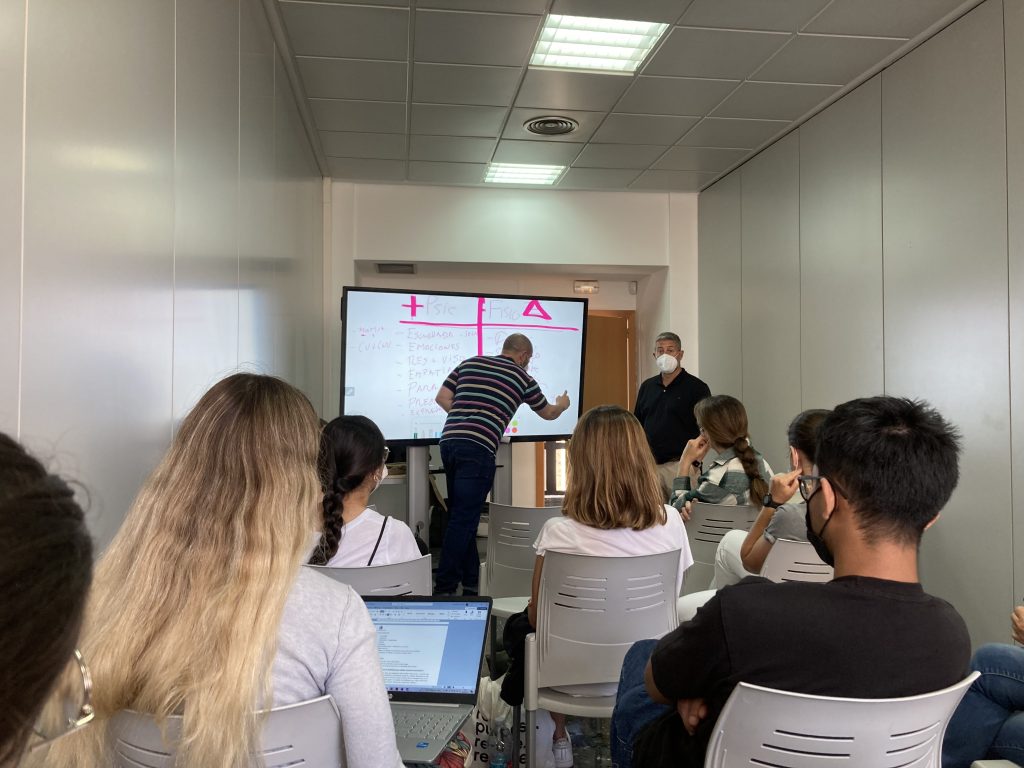
The Impact and Future of Simulation in Psychological Education
In the European Higher Education Area (known as the Bologna Process) education and training has moved towards a competence-based model of teaching and learning, defining objectives and outcomes, assessment, practical activity and supervision. At the same time, during the COVID-19 pandemic the reduced availability of patients for healthcare teaching and learning, and the increased emphasis on protecting patients from unnecessary harm, limited practical activities, increasing interest in alternative forms of learning.
Finally, simulation in psychology is not only an innovation in the training of future psychologists, but also provides a solid basis for real patient care. Students greatly value the opportunity to integrate theory and practice, collaborate in interdisciplinary teams and receive immediate feedback, elements that make simulation in psychology an unparalleled educational experience.
READ ALSO



